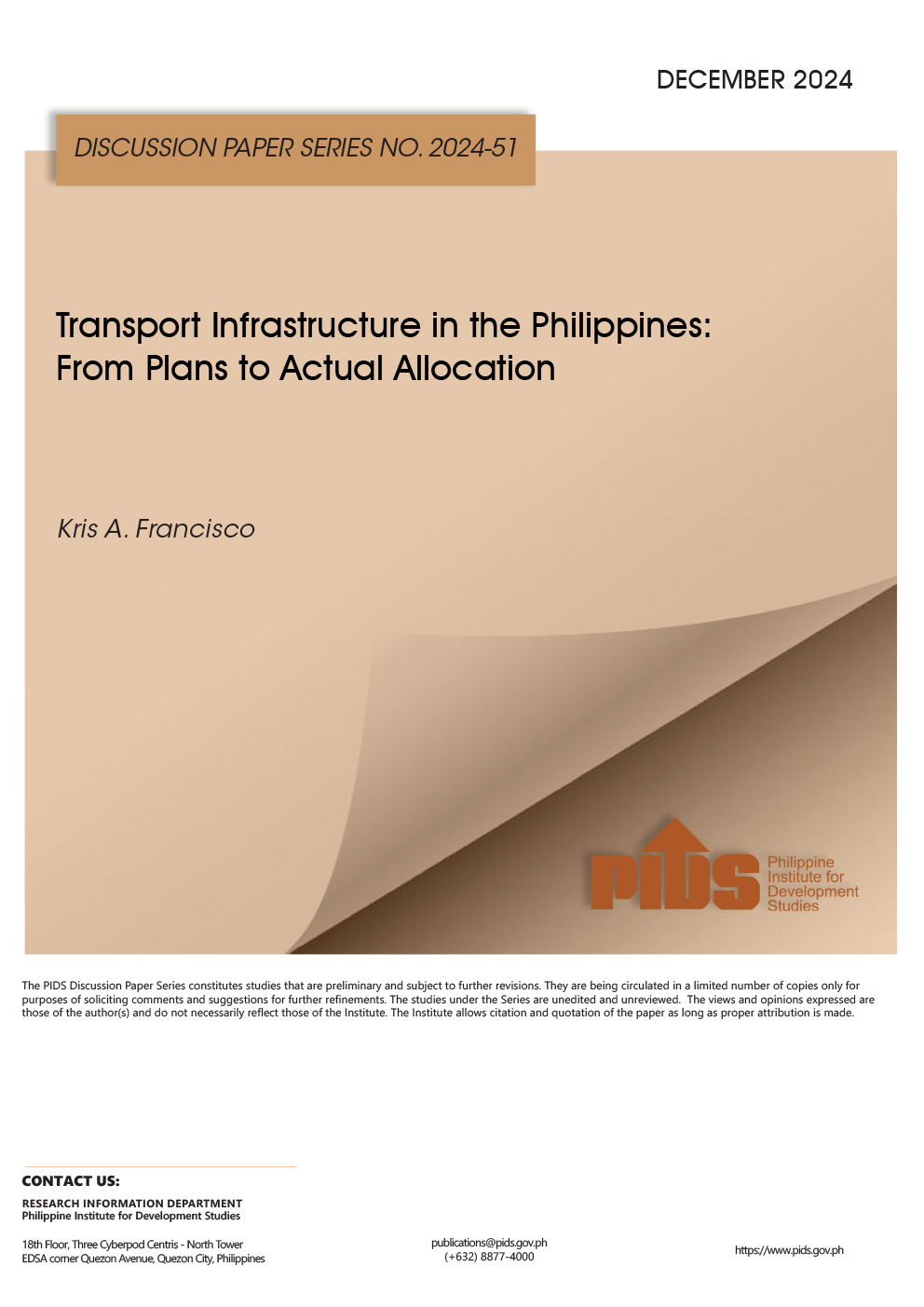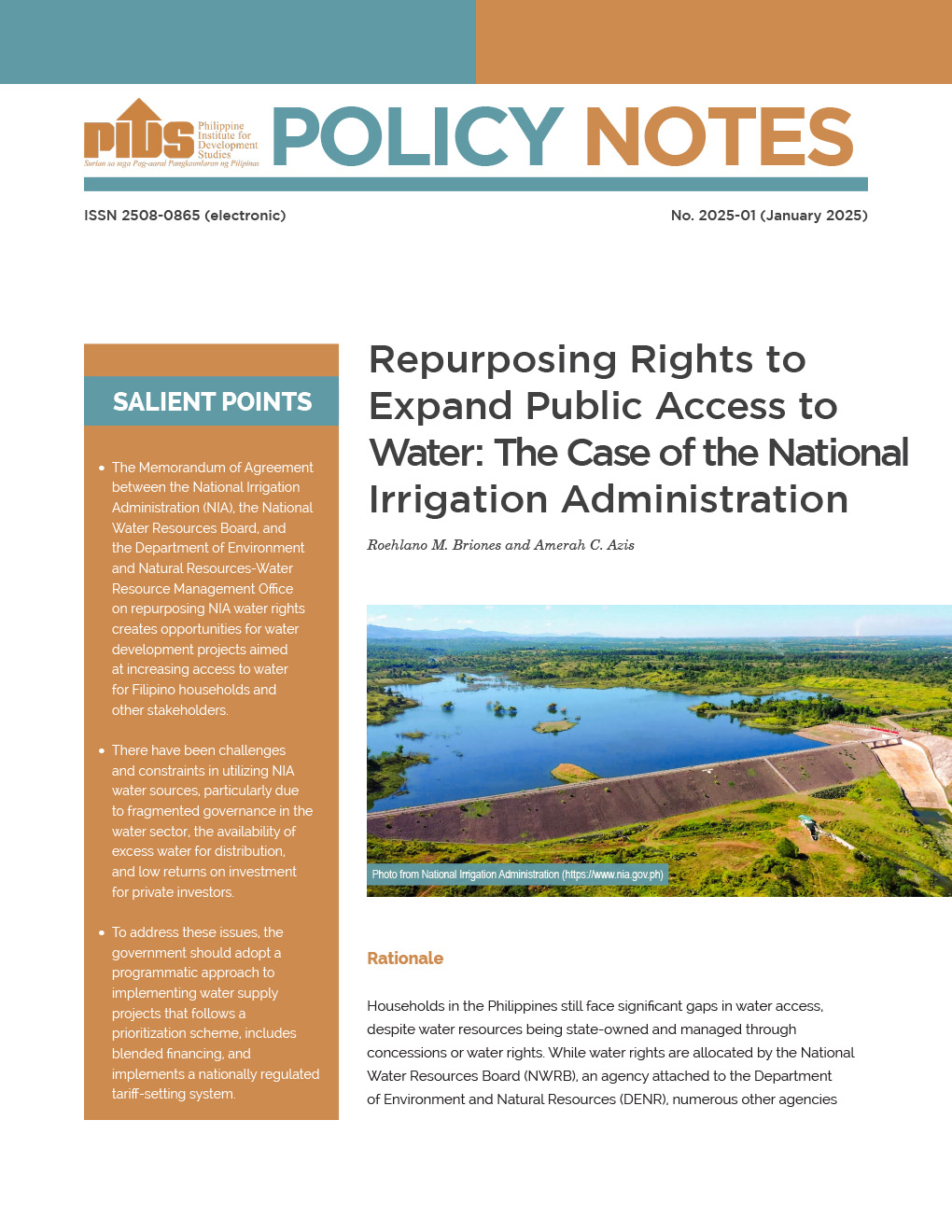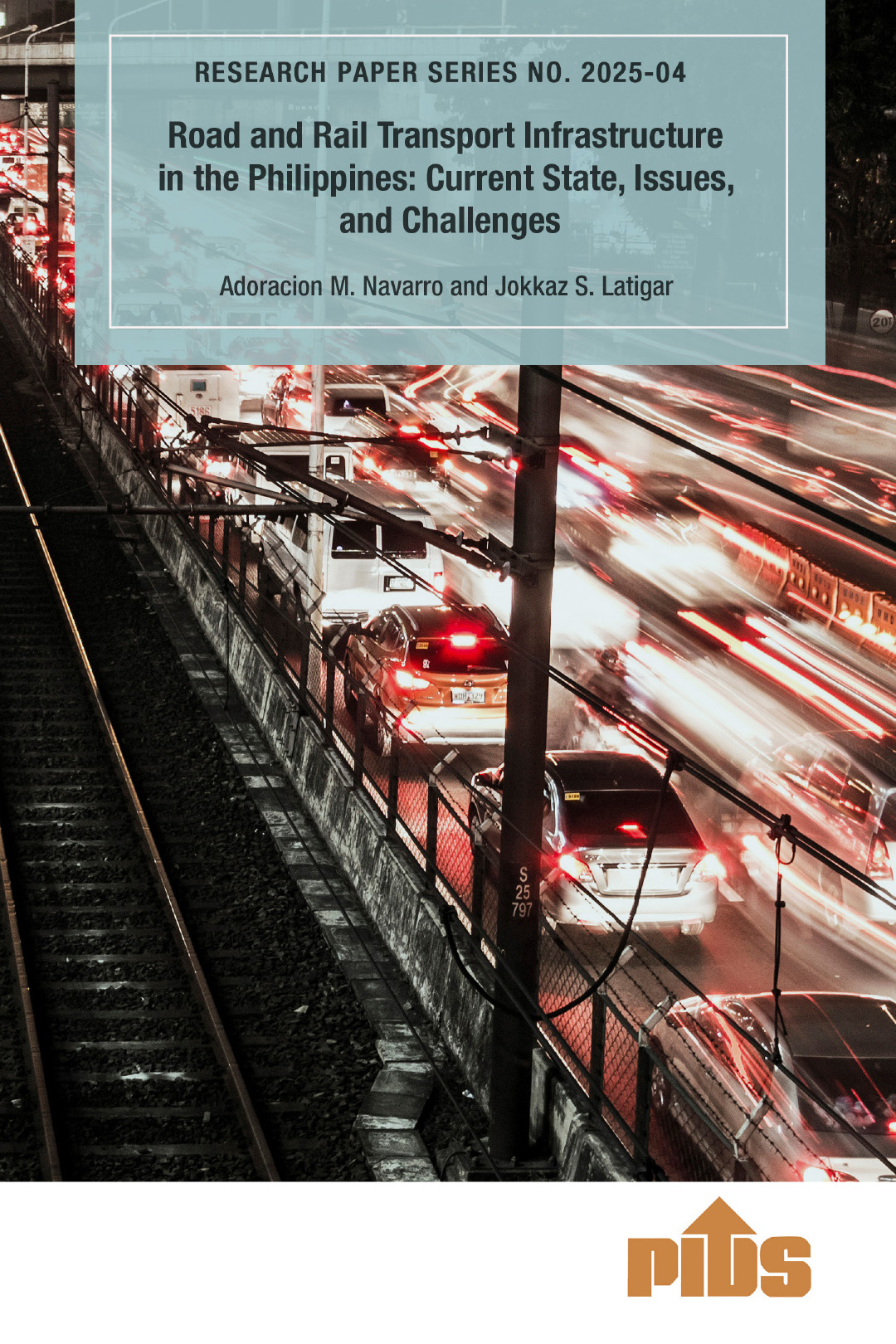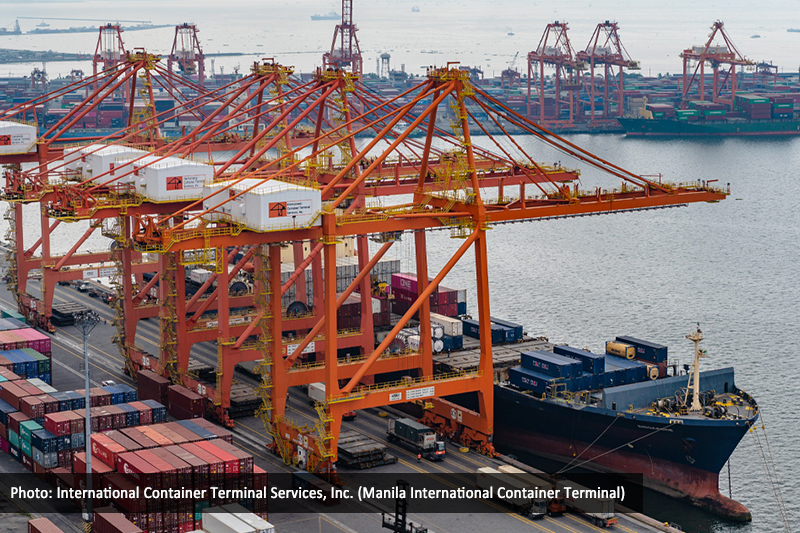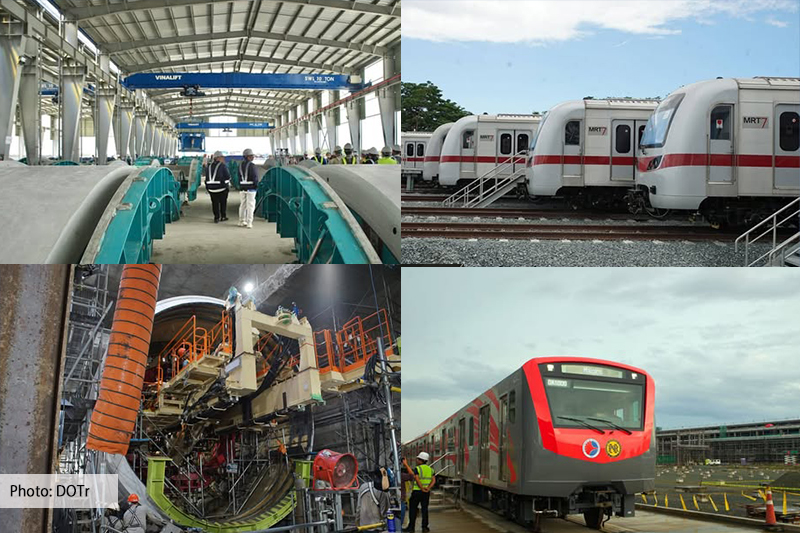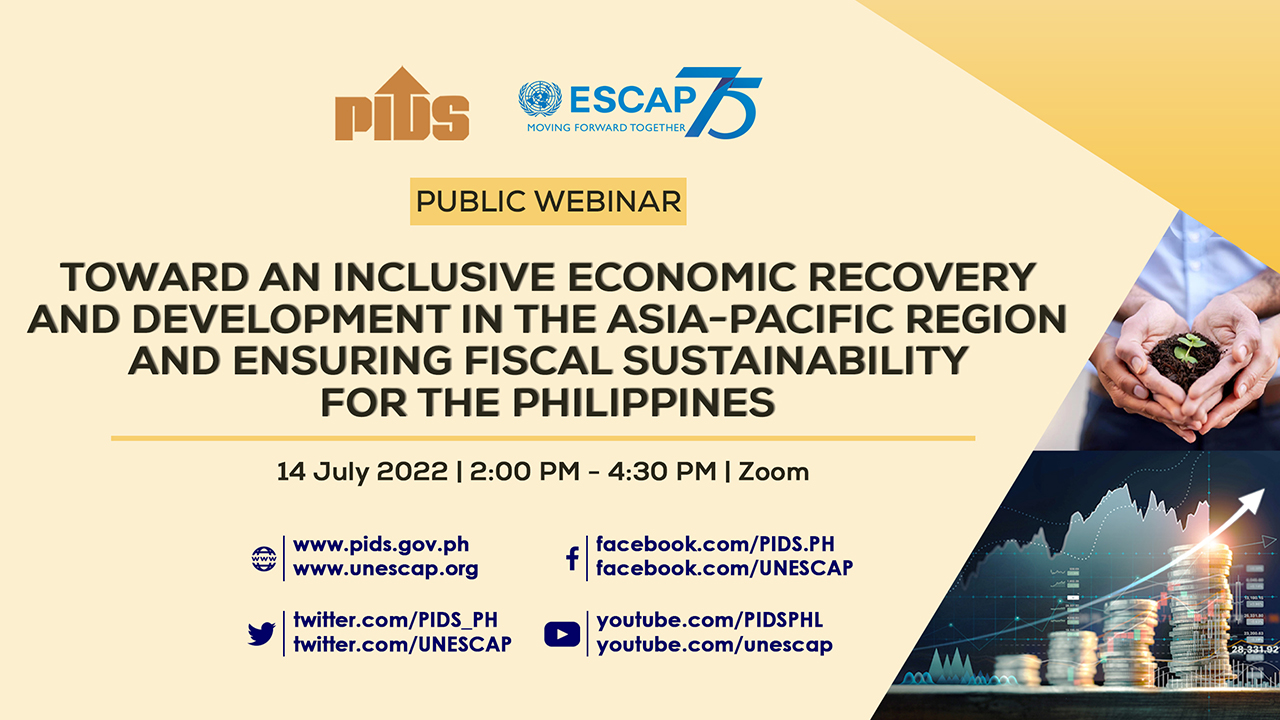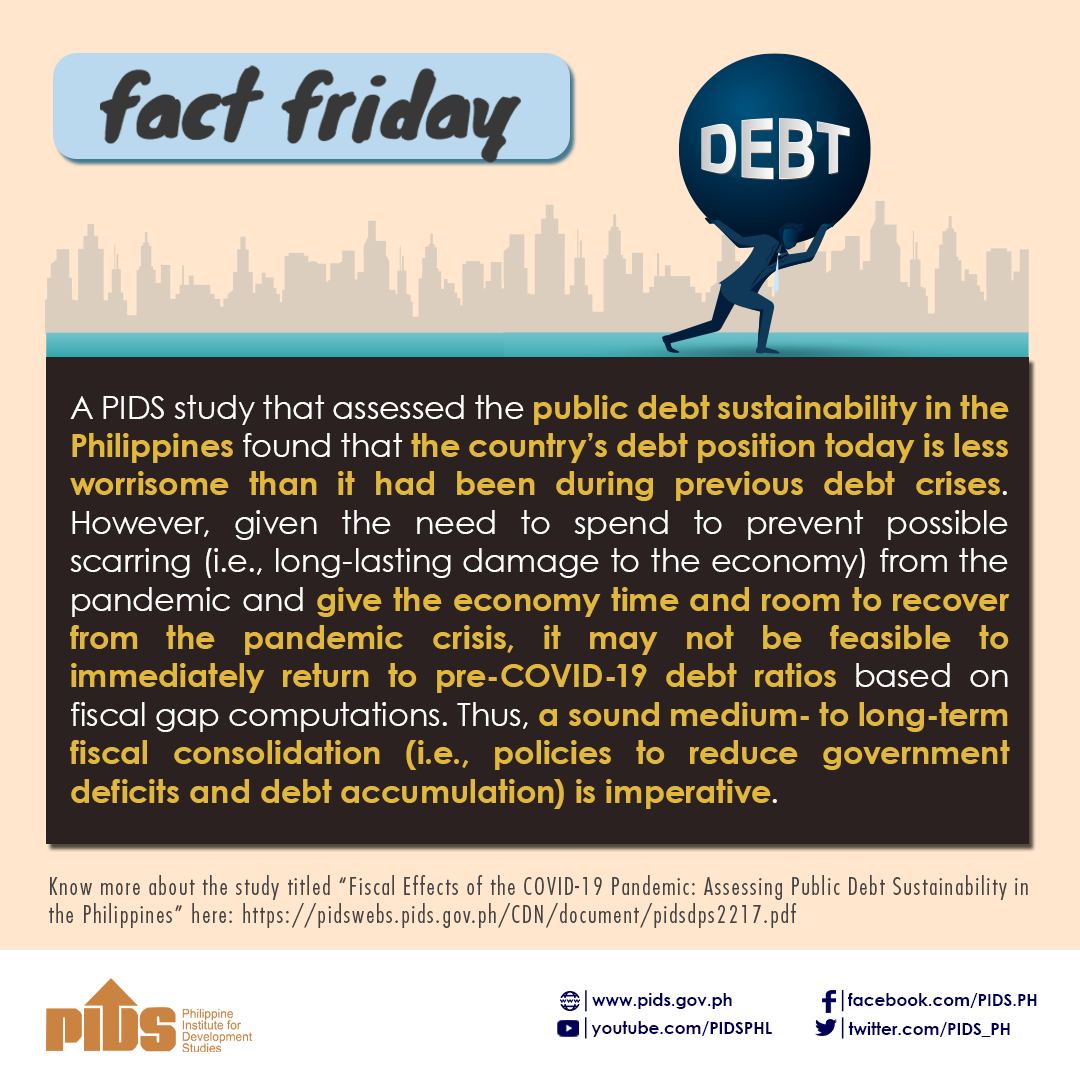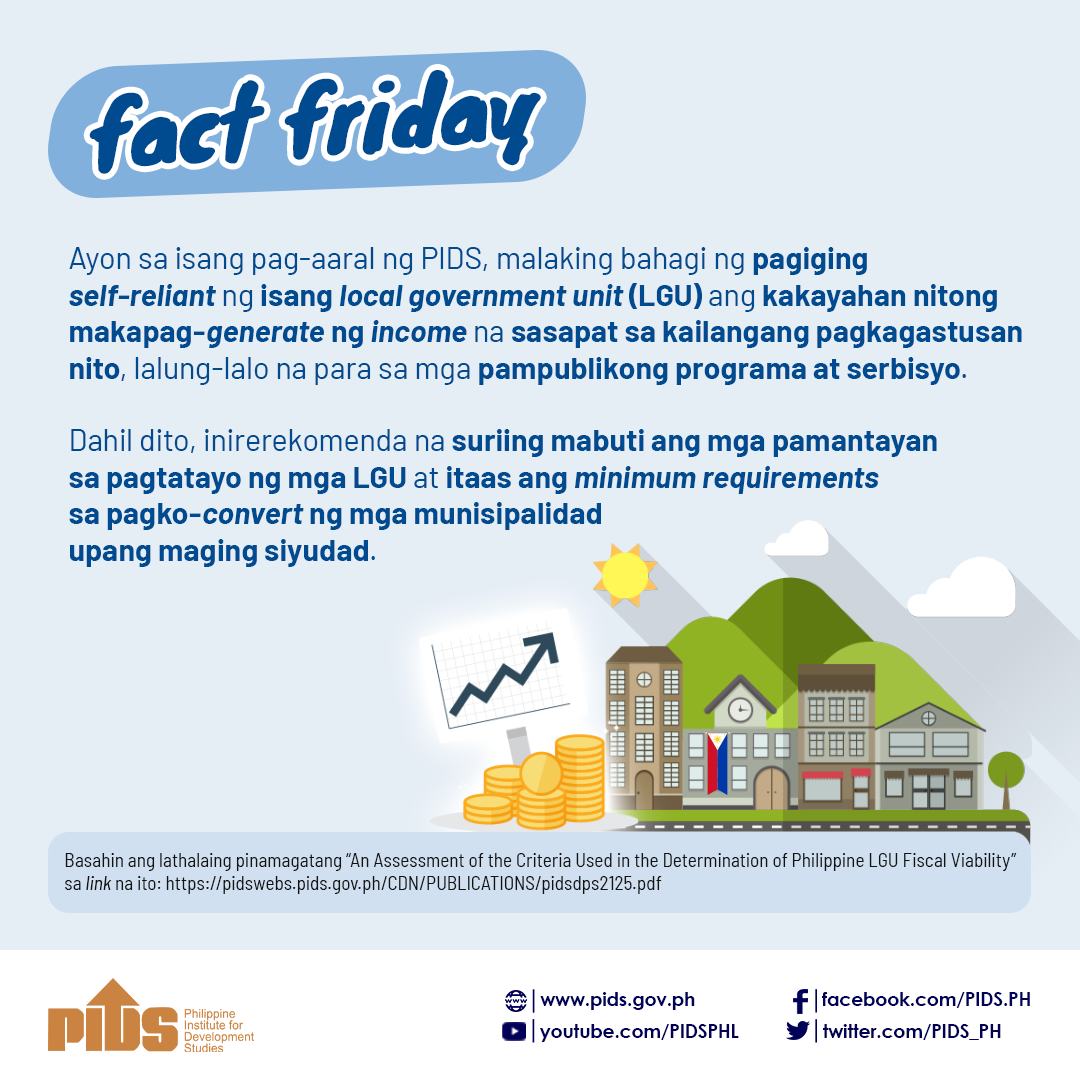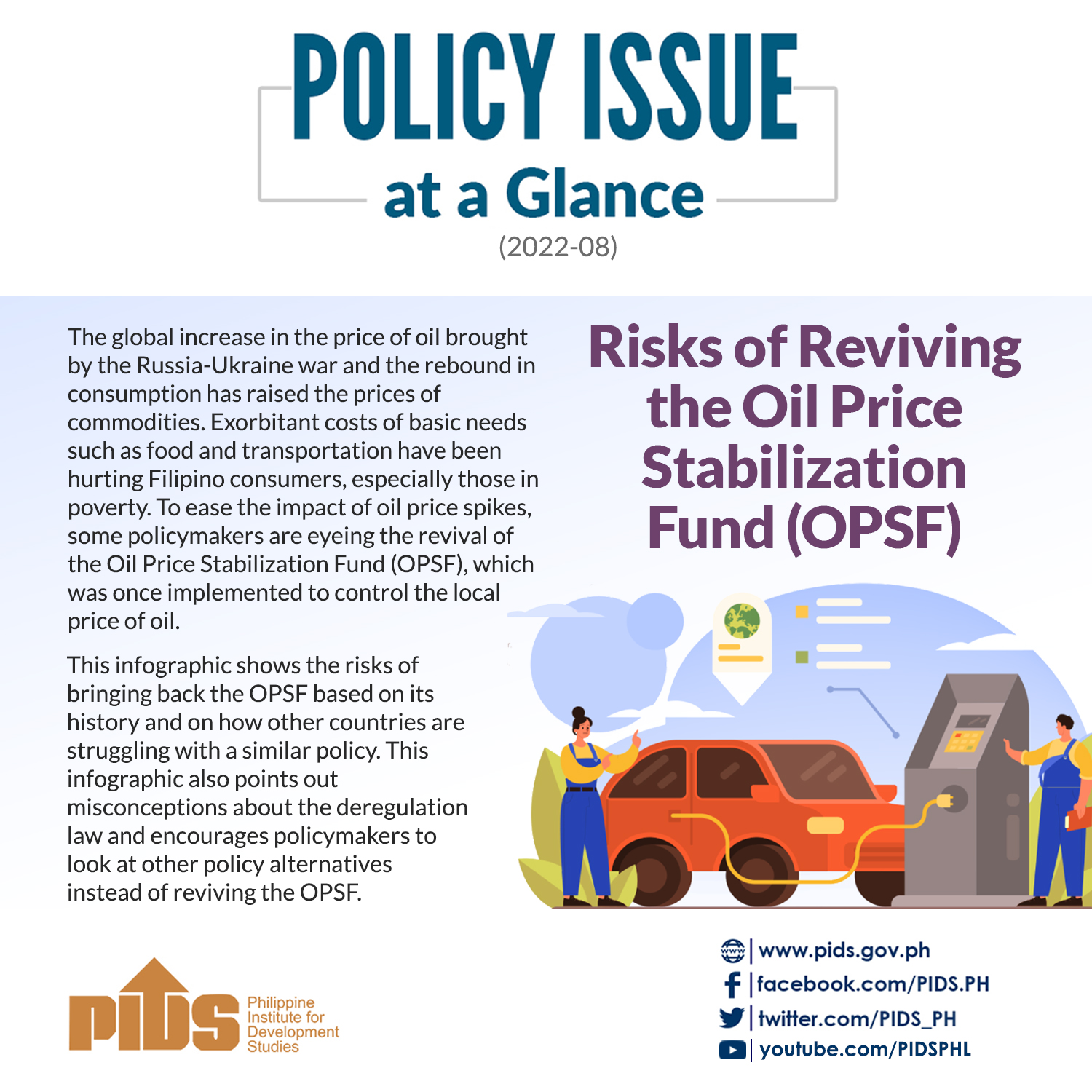IF the country is to survive the current spike in commodity prices led by oil, it should resort to oil stockpiling instead of reviving the Oil Price Stabilization Fund (OPSF), given the expected fiscal challenge of managing such a fund.
This is the recommendation of a Philippine Institute for Development Studies (PIDS) Senior Research Fellow in a discussion paper titled, “On the OPSF and the Downstream Oil Industry Deregulation: Lead Us Not into Reversal Temptation and Deliver Us from Obfuscation.”
PIDS Senior Research Fellow Adoracion M. Navarro said reviving the OPSF would be anti-poor.
If the OPSF is revived, Navarro said it disproportionately benefits the rich more than the poor as data shows the rich accounting for a much bigger share of oil consumption.
This will be complicated by the government’s lack of expertise when it comes to “managing the fund and controlling the deficits of the fund.”
“Reviving the OPSF will likely result in the national government having to bail out the special fund using the general fund, displacing funding for anti-poverty programs in the process,” Navarro said.
Keeping strategic oil reserves is common practice by net oil-importing countries, added Navarro, also a former National Economic and Development Authority Undersecretary. While this is not yet part of the National Energy Plan, stockpiling is proposed to be done by the state-owned Philippine National Oil Co..
“If such will be feasible and affordable, it should be viewed as strictly a buffer during instances of severe oil supply disruption rather than as a regular price stabilization tool. In that way, it will be consistent with the deregulation law that promotes private sector-led competition,” Navarro said.
Based on the data, she said, the fuel expenditure of the 20-percent richest families nationwide accounts for 50.61 percent of the total fuel family expenditure in the economy.
The poorest 20 percent of the population, however, accounts for only 4.06 percent of the total fuel family expenditure in the economy.
She noted that the richest 20 percent accounts for 48.8 percent of total family income while the poorest 20 percent account for 5.93 percent of total family income nationwide.
In noting the government’s weakness in managing funds of such nature, she said: “the likely delays in reimbursing oil companies may even reverse the competition gains in the medium to long run and discourage investments in expansion or encourage withdrawals of investments, thereby restricting access of the general population to competitively priced petroleum products.”
However, Navarro said, one challenge in stockpiling is that on its own, it will not generate profit. This may be the reason industry players are “lukewarm to the idea of institutionalizing the minimum inventory requirement.”
Nonetheless, the former Neda official said, the government’s participation in managing oil reserves is strictly for contingencies and will not directly compete with the private sector.
“During oil supply disruptions, it is in everybody’s interest to avoid economic losses and ensure a critical level of supply through an aggregate strategic reserve composed of government stockpile and industry-held stockpile,” Navarro said.

